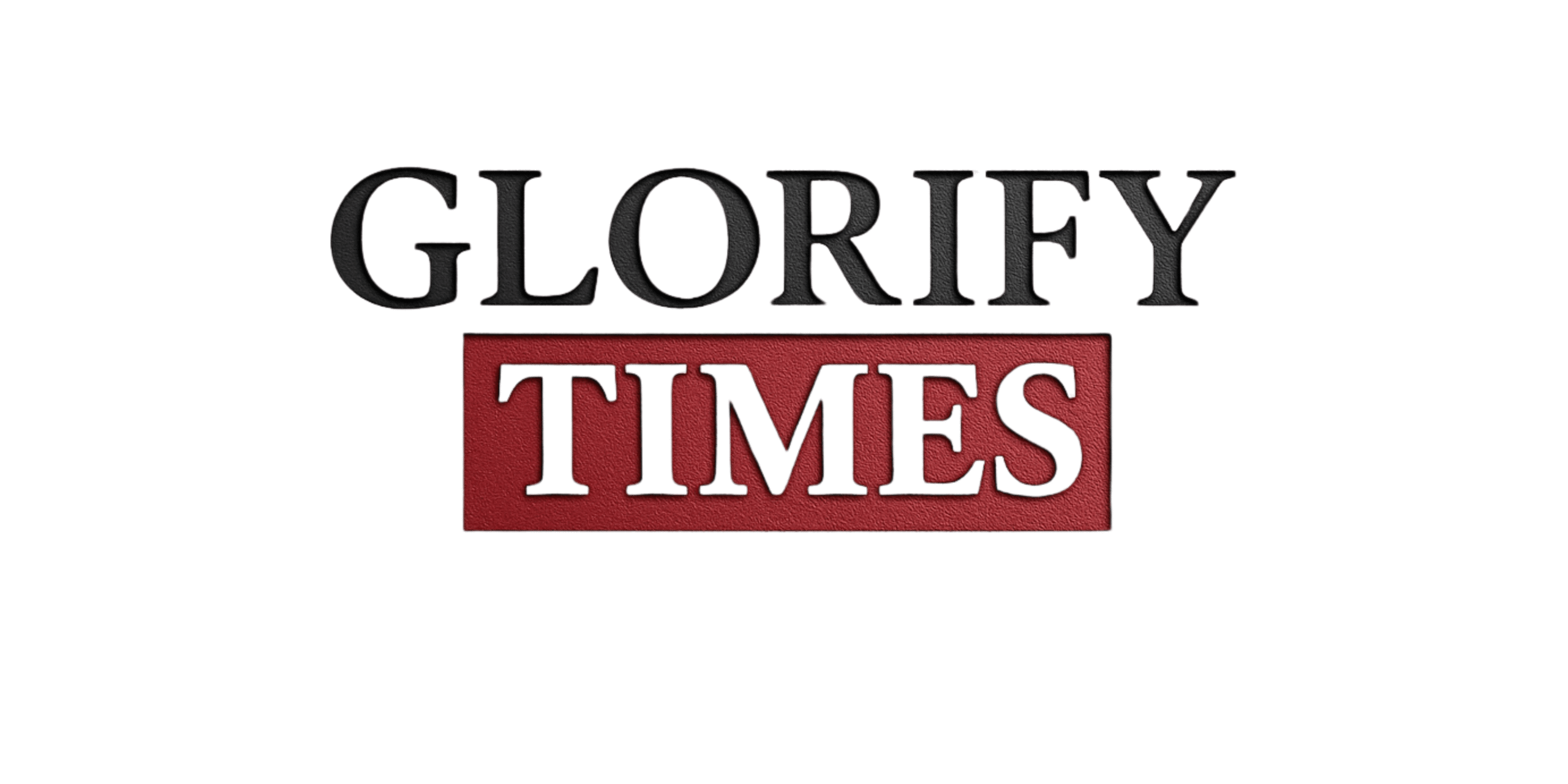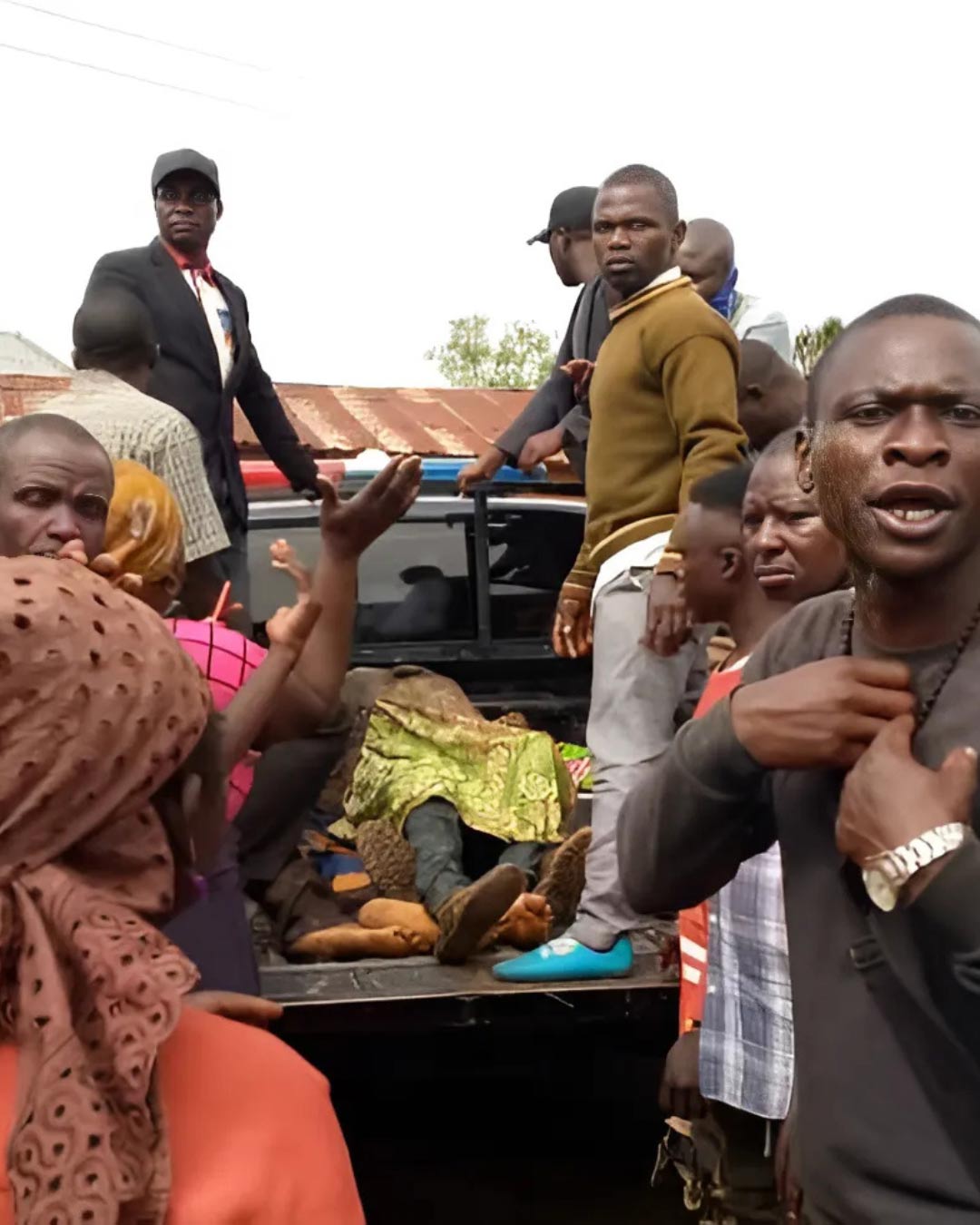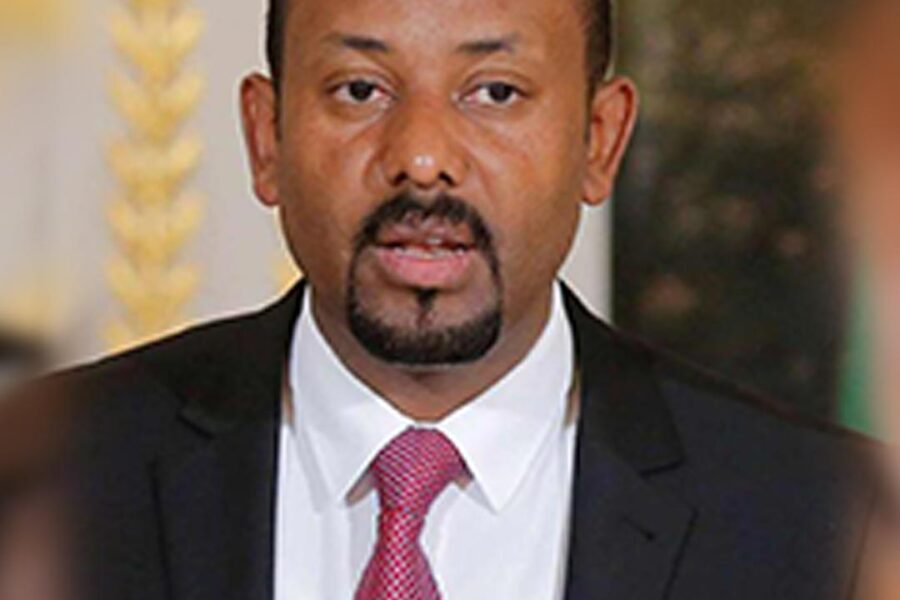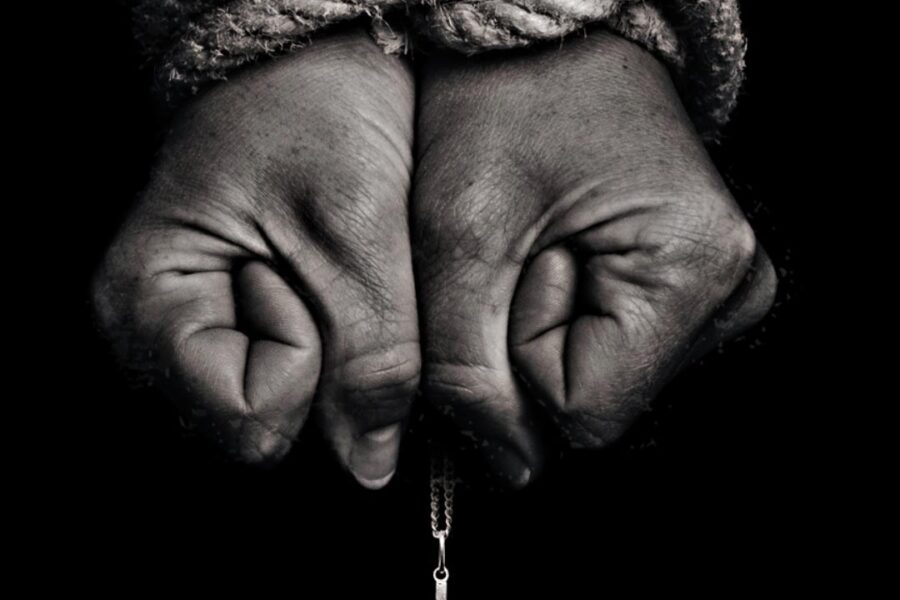In the quiet pre-dawn hours of Saturday, 24 May, the serenity of three Christian-majority villages in Karim Lamido County, Taraba State, was shattered by a coordinated and ruthless assault. At least 42 Christians lost their lives as armed attackers — identified by residents as Fulani militia — swept through the communities of Munga Dosso, Munga Lelau, and Bandawa. Homes were set ablaze, families were forced to flee, and once-peaceful hamlets were left in smouldering ruin.
“Our houses have been burnt, and more than 42 Christians killed,” wrote Miriam Silas, a resident, in a message of anguish sent to Christian Daily International. “My people in Karim Lamido, who are mostly Christians, have been attacked.”
Taraba State Governor Kefas Agbu condemned the violence as “a direct assault on the peace-loving people of the area,” assuring the public that security forces were on high alert. “Our citizens’ safety is my top priority,” his spokesperson Emmanuel Bello confirmed. “We are taking every measure to prevent further bloodshed and ensure justice is served.”
Firsthand accounts from survivors paint a harrowing picture. Obadiah Abbawa described the raid as “a devastating attack by herdsmen,” noting the complete upheaval it caused. “Three communities were hit, and 42 Christian lives lost. Hundreds have fled. Homes lie in ruins. Everything is gone.”
Dr Tijo Kenneth Mingeh, a respected Christian leader in the region, spoke of the “untold pain and disruption” the attacks have brought, stripping families not only of shelter and safety, but of livelihoods and dignity.
While the Fulani ethnic group includes many peaceful communities, a radicalised faction within it has been repeatedly linked to ideologically driven violence against Christians, particularly in Nigeria’s Middle Belt. What were once described as “farmer-herder conflicts” have increasingly taken on an unmistakably religious character.
A report by the UK Parliament’s All-Party Parliamentary Group for International Freedom of Religion or Belief warns that Fulani extremist violence has adopted tactics “comparable to Boko Haram and ISWAP,” targeting Christians with deliberate ferocity.
Many Christian leaders insist these are not merely local land disputes. “It’s an effort to displace Christian communities and impose an Islamist agenda,” said one central Nigerian pastor, who requested anonymity for safety reasons.
The statistics reinforce the alarm. Nigeria ranks 7th on Open Doors’ 2025 World Watch List, which tracks the countries where Christians face the most extreme persecution. Of the 4,476 Christians reported killed for their faith globally in the last year, 3,100 were Nigerians — nearly 70%.
Taraba, situated in the volatile North-Central zone, is increasingly besieged by Islamist and armed ethnic groups. Jihadist factions, including Boko Haram, ISWAP, and more recently Lakurawa — a group linked to Al-Qaeda’s JNIM — have widened their reach, exploiting state weaknesses and fuelling instability. Amid this, the federal government continues to struggle with limited control and a growing crisis of public trust.
As the violence escalates, calls for a stronger global response are growing louder. Human rights organisations, faith-based coalitions, and regional leaders are urging both Nigeria’s leadership and the international community to address what many now view as targeted anti-Christian violence.
“Karim Lamido is under attack by Fulani herdsmen,” wrote local believer Zion Chaffi in a message shared widely online. “Please pray for God’s intervention.”
Now, as grieving families begin to bury their dead and communities reckon with loss, a haunting question lingers in the silence left behind: how many more lives must be lost before the world listens — and acts?







